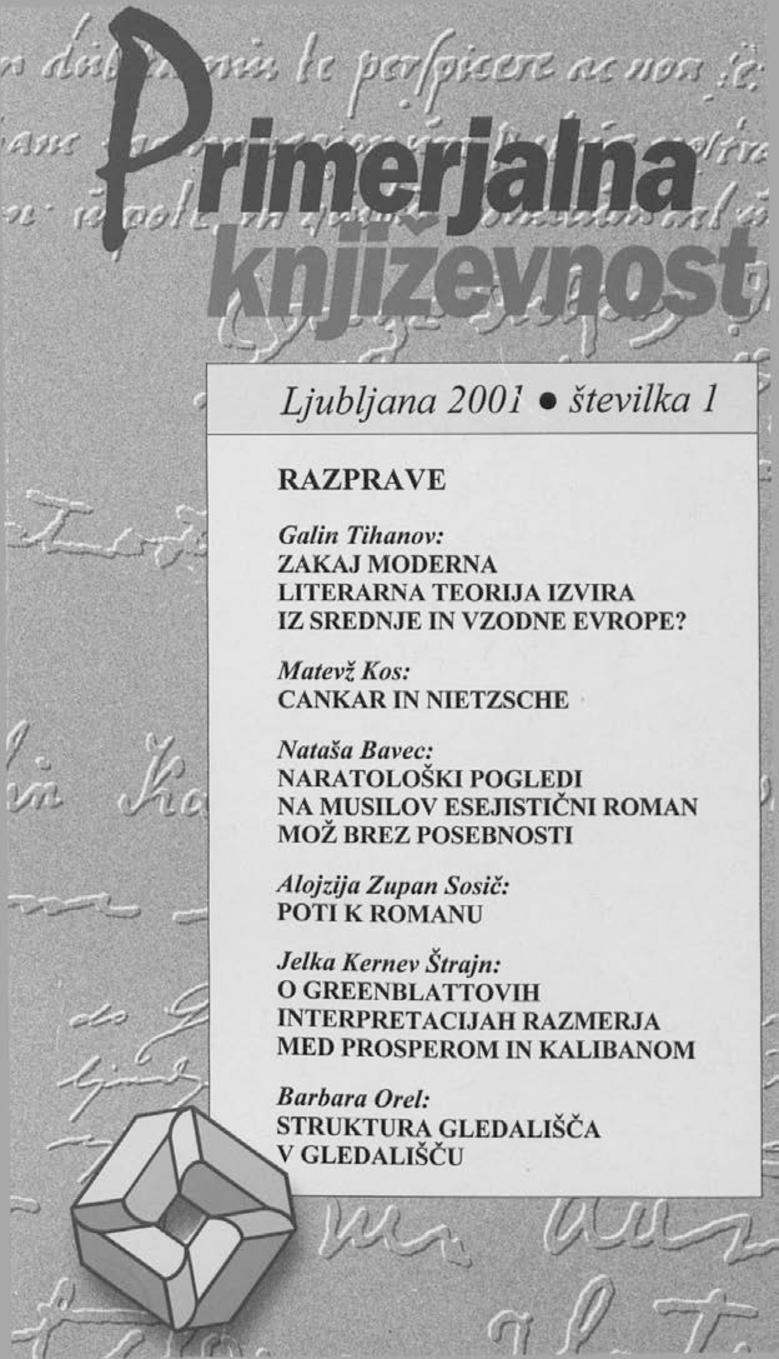Jezik
Informacije
https://scientiamilitaria.journals.ac.za/
https://pafidesapancoranmas.org/
https://biograph.jurnal.unej.ac.id/
https://udayannursingcollege.edu.bd/
https://sharifmedicalcity.org/
https://www.pagepressjournals.org/aiua
https://publikacije.uninp.edu.rs/
https://editora-edufatecie.unifatecie.edu.br/
https://astragraphia.org/id/tentang-kami/dewan-komisaris/
https://revistas.itsup.edu.ec/
https://aswajanews.isnuponorogo.org/
https://eproceeding.isibali.ac.id/
https://jurnalpendidikan.unisla.ac.id/


